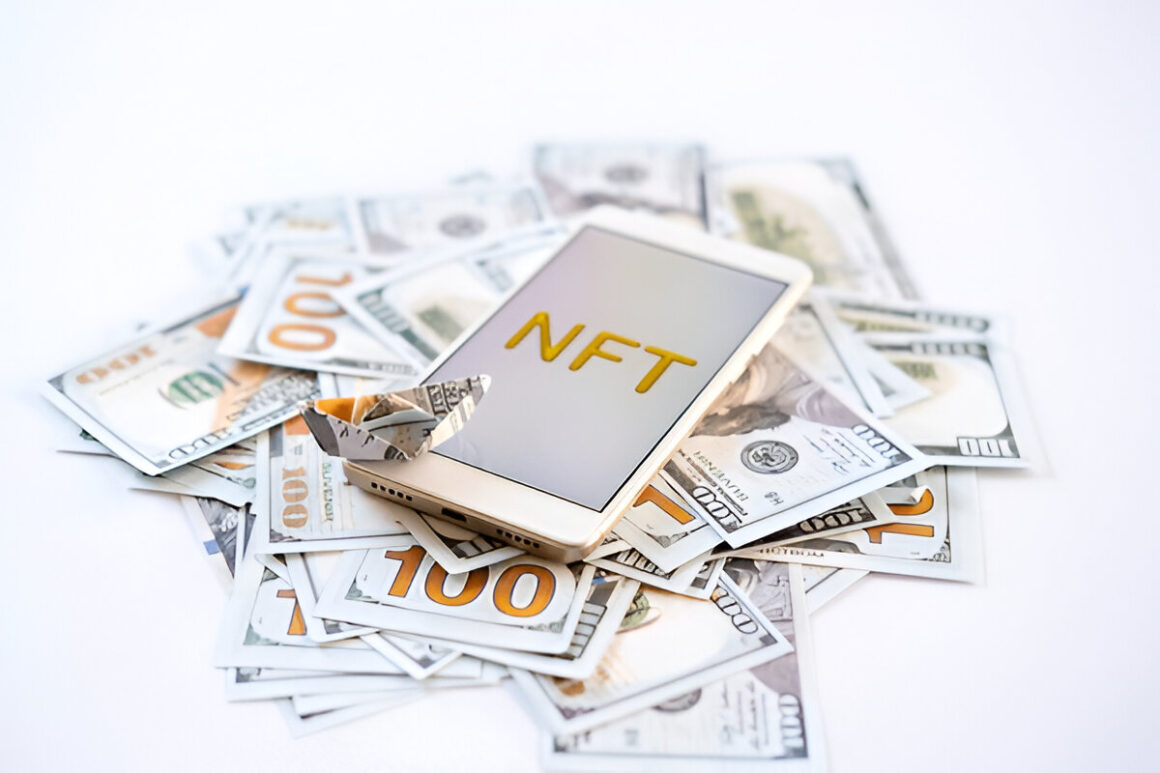So, you’ve made some profit from your NFTs—and now you’re wondering how to report NFT sales without ending up on the IRS’s radar. You’re not alone. With the NFT space booming and tax laws catching up fast, many creators and collectors are walking a tightrope between innovation and regulation.
Luckily, if you play your cards right, you can report NFT sales confidently—and avoid triggering an audit altogether.
Why You Need to Report NFT Sales the Right Way
The IRS doesn’t consider NFTs just digital art. They’re taxable property—and often classified as collectibles, which could come with a 28% capital gains tax instead of the usual 15% or 20%.
If you’ve bought, sold, received, or even gifted an NFT, you’re expected to report it.
And remember: failure to report NFT sales accurately is a common red flag that could lead to an audit.
Keep Detailed Records (Even if It’s a Hassle)
To stay on the safe side, record everything related to your NFT transactions:
- Date and amount of purchase/sale (converted to USD)
- Transaction fees (especially gas fees)
- Platform and wallet info
- Fair market value at time of receipt (for gifted or airdropped NFTs)
Using tools like CoinTracker, Koinly, or ZenLedger can simplify this process. But ultimately, it’s your responsibility to ensure accuracy when you report NFT sales.
Report All NFT Income—Not Just the Obvious Gains
Received NFTs as a gift? Earned royalties? Swapped NFTs in a peer-to-peer trade?
You guessed it—you need to report NFT sales or income in all those cases. Many of these fall under ordinary income, taxed at your regular rate.
Don’t assume you’re off the hook just because you didn’t “sell” something. If an NFT made its way into your wallet—and it has value—it likely has tax implications.
Avoid Wash Trades and Suspicious Transactions
The IRS watches for people who sell NFTs to themselves (or friends) to create artificial losses or gains.
This is known as wash trading, and it’s a big audit trigger.
If you’re looking to report NFT sales cleanly, avoid anything that could be interpreted as self-dealing or manipulation. Transparency is your best friend.
Use the Right Forms to Report NFT Sales
Depending on your situation, you’ll need to file one or more of the following:
- Form 8949 for capital gains
- Schedule D to summarize profits/losses
- Schedule C if NFT trading is your primary business
- 1099 Forms from platforms or marketplaces
Filing the correct forms is a critical part of learning how to report in the smart way.
Red Flags That Could Trigger an Audit
Avoid these common mistakes:
- Not reporting NFT income
- Using the wrong tax forms
- Mixing personal and business wallets
- Misreporting gas fees or transaction values
- Huge crypto-to-fiat withdrawals with no record
When in doubt, consult a crypto-savvy tax professional to make sure you report NFT sales properly and avoid future headaches.
Final Thoughts: Stay Ahead by Being Honest
The NFT world is creative, thrilling—and yes, chaotic. But when it comes to taxes, you can’t afford to wing it.
By staying organized, transparent, and informed, you can report without drawing unwanted attention. It’s not about hiding—it’s about doing it right.


Leave a Reply